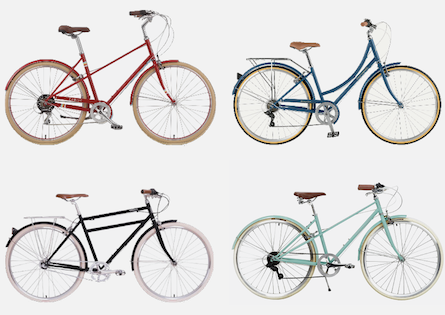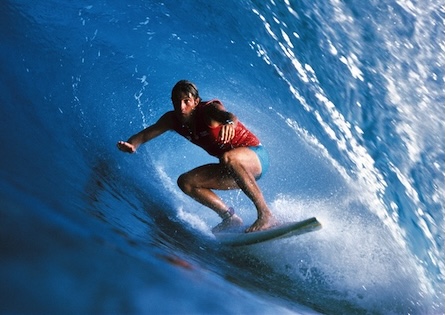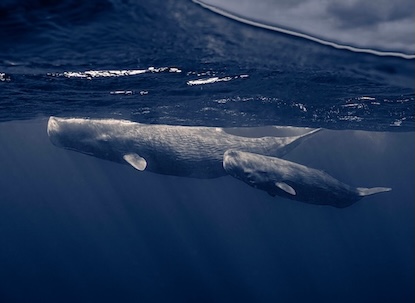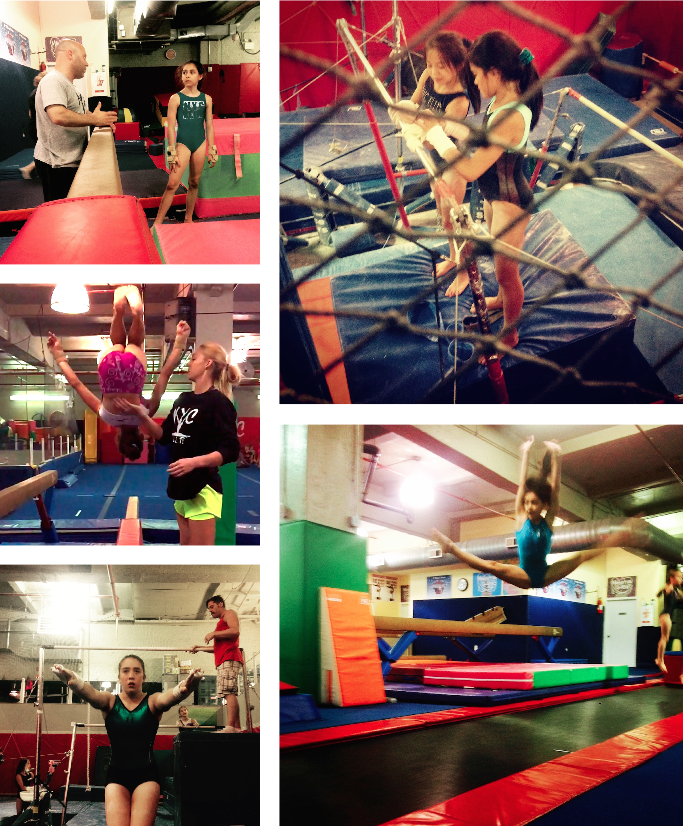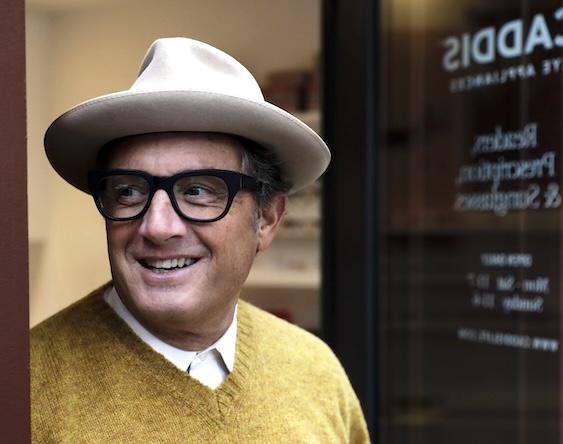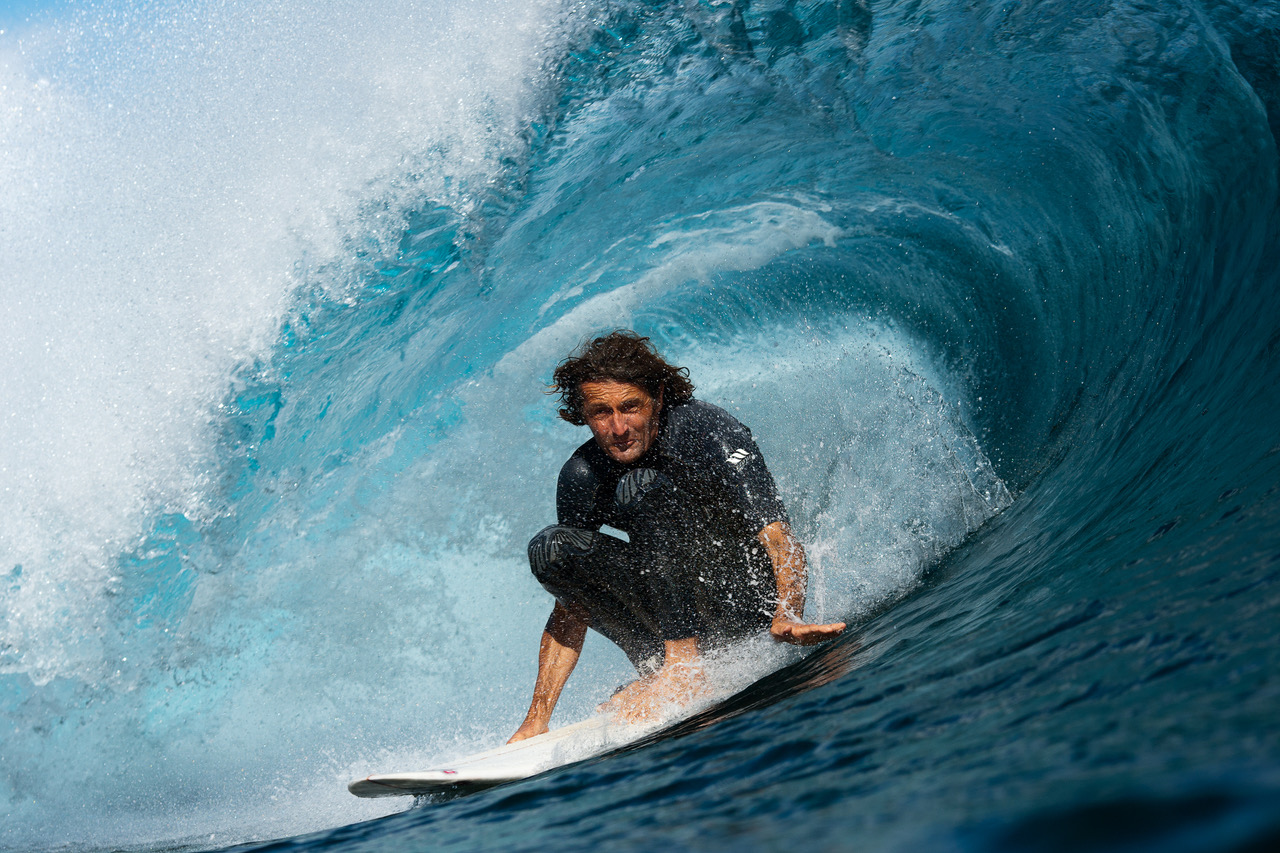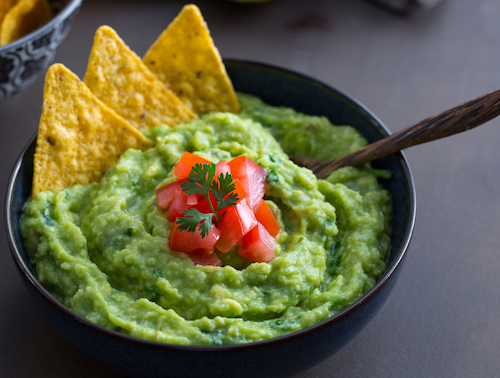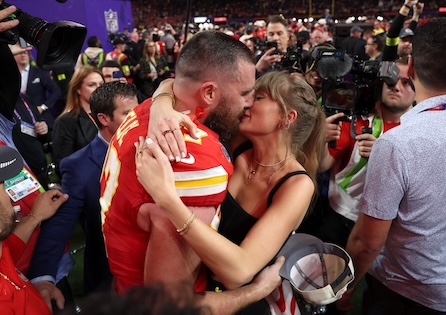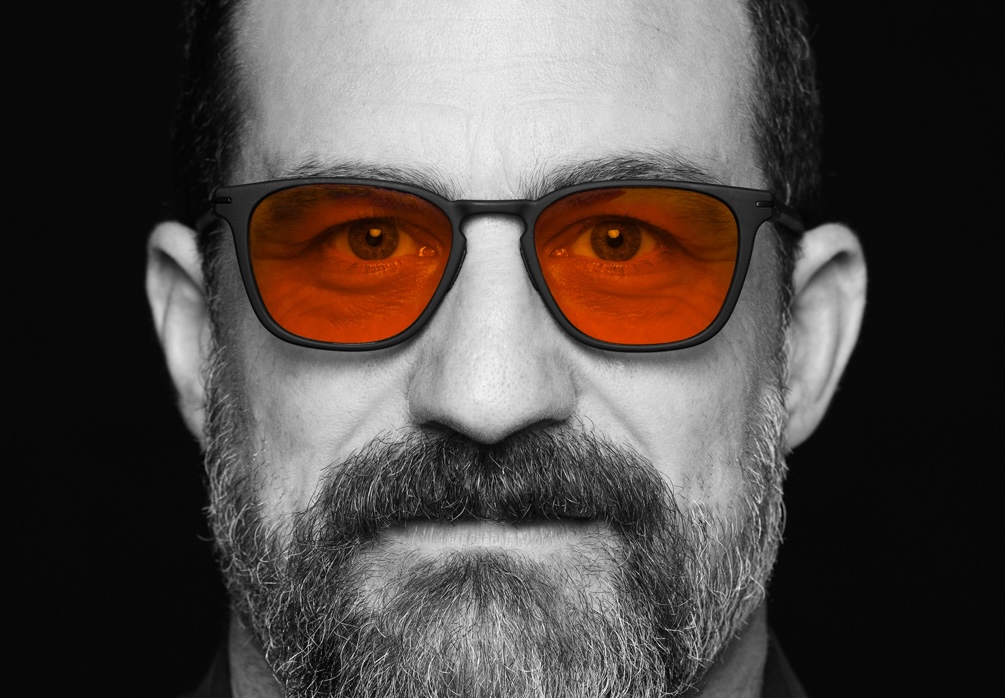COUNTDOWN TO RIO 2016
Just a couple months from now, all eyes will be on Rio and the 2016 Summer Olympic Games. Gymnastics is one of the marquee and most anticipated sports of the Games. Every four years the world focuses their attention on a group of young girls from a host of nations, competing for that coveted gold medal, as both a team and individuals. It is the time between Olympics, however, when gymnasts toil in relative obscurity, working towards their goal. By the time these kids get to the Games, still just teenagers, they will have spent countless hours of their young lives in the gym, training for this moment, with millions watching, on the biggest sport stage in the world.
My 11-year old niece, Ellie, is a competitive gymnast, training with her teammates Talia, Sophie, Sophia, Gia, Abby, Daisy, Cassie, Hannah, Willa, CeCe, Cecily, Charlotte, Amelia and Galena on the NYC Elite team. Ellie competed in Level 6 last season. Each level is designated 1 through 10 by the US Gymnastics Association and characterized by increasingly difficult skill requirements. With her teammates, Ellie is looking to move up to Level 7 or 8 next year. With three gym locations in Manhattan, NYC Elite is considered the best team in New York City and is the only structured developmental gymnastics program in town. The girls are handpicked to be members of the team.
For those of you who follow the Style Of Sport Instagram, you might have noticed I’m amazed/obsessed by Ellie and her crew. She is what I dream and pretend to be… a real “athlete.” Watching her evolve into this level of gymnast, performing the moves I could never imagine any relative of mine being able to do, is mind blowing, but what’s most impressive is the time and dedication it takes.
Last season, Ellie and her teammates trained 4 hours a day, 4 days a week. This coming year the commitment goes up to 20 hours, which means every day after school, from 4pm to 8pm, they will be in the gym training; not just practicing their events, but doing all-around conditioning as well. When practice is done, they will go home to eat dinner, do their homework and sleep. It’s a schedule not so different from a professional athlete, except they are not professionals, they are little girls. They have a saying at NYC Elite: If gymnastics were easy, they would call it football.
There are 5 spots on the Olympic Gymnastics team for Rio 2016 — a decrease from the previous 6. For Tokyo 2020 it is being reduced again to 4. Given how many great gymnasts there are and how few spots there are on the team, it is a long shot for any of these girls to make the Olympic team in 2020, but their commitment at such a young age is what makes them contenders.
Along with Victoria Cohn, Mike Moran, and Becca Alexin, Kevin Schwartz is one of the NYC Elite coaches (top upper left photo). A former gymnast himself, at 5 feet tall Kevin says, “It was clear I wasn’t going to play basketball.” His passion and love for gymnastics, however, looms large. Simultaneously tough and nurturing, Kevin has always preferred to coach girls because he says they are more fun and more coachable at a younger age, and he jokes they have made him a better husband. He is very serious, however, about the responsibility.
So with the buzz already beginning for Rio 2016, I caught up with Kevin and the girls to get some insight into the sport of gymnastics and find out what it takes to get to Olympics.
STYLE OF SPORT: What inspired me to do this story on the girls and the program is how hard they train; how dedicated they are; how good they are at time management — all at the age of 10 or 11. How did you get started coaching these kids? What’s it like to train these little girls like they are essentially professional athletes.
KEVIN SCHWARTZ: I did gymnastics starting at such a young age and it always stays with you. I’ve tried other careers and I’ve had careers I’ve gone to school for, but I was always drawn back to the gym. I love the smell of it. I love it in the morning when nobody is here. I love it at night when everybody is gone. I love it when the chaos is going on. I do it because I truly love it. Coaching is a lot different than being the athlete. That’s something that I’m learning and I’m always going to learn because I look at it from an athlete’s point of view, which is good and bad. It helps me in my coaching, because I’m going to hold them up to the same standards that I’ve had as an athlete. Sometimes you can’t do that though because I’ve got to remember I’m not a ten year old girl.
SOS: Do you coach boys, too?
KS: I never wanted to coach boys. I’ve done it, but they’re not as fun (laughs). I think the biggest difference between boys and girls is a ten year old girl is a lot more mature than a ten year old boy, so it’s a lot easier to mold them at a younger age.
SOS: I’ve seen you coach. I’ve seen you be hard on them but I’ve also seen you joke around with them. Some coaches want their kids to be scared, others are more nurturing, but what you’re saying is you really try and tailor it to each girl.
KS: I need their respect. They need to know that I know more than them about this sport and they need to do what I ask of them. That’s first. I notice with a ten year old girl and a thirteen year old girl, that’s only a three year difference, once that girl hits thirteen, you get the eye rolls.
SOS: So what do you do in that situation?
KS: You have to work with it, because that’s just nature, that’s life, that’s teenage girls. But what I find is a thirteen year old gymnast is different than a normal thirteen year old. They still roll their eyes but then you notice she’s getting to that chalk box and she’s doing exactly what you asked.
SOS: Talk to me a little about the dedication of these kids. I’m using Ellie’s group as an example. What kind of discipline does it take?
KS: I think the biggest thing, especially for that group and that age is they’re finding their priorities. Do I go to my friend’s birthday party or do I go to the gym? Do I go away this weekend because I have the chance to go on vacation or do I go to a competition that’s in Albany in the wintertime? The discipline of being in the gym, I think that is built from the beginning. We’ve kind of set standards, usually at the age of five, and we’re asking them to be in the gym two days a week for two hours. That’s a big chunk out of their week. I find it not as much discipline for the girls, because they want to be here, but for families. When you have siblings or parents who just want to take a weekend and get away, and that’s the weekend of a state championship, sometimes you can’t do that. I learned as an athlete and I let all the girls know, as much as they’re missing out or they think they’re missing out, they can make up so much more afterwards. Now, I didn’t go to my senior prom, because I had a competition that weekend but my friends and I got together when we were 28 and we had our own prom then.
SOS: I love seeing the camaraderie of these girls. They’re friends, but they have a bond, because they do spend a lot of time together and a lot of time doing tough stuff.
KS: I tell these girls all the time, “You’re going to look at each other right now and think, you’re just friends, but later on in life, these girls are going to be your bridesmaids, they’re going to be your kids’ godparents, they’re going to be the person you lean on for things that aren’t even gymnastics.”
SOS: Because they understand what each other is going through.
KS: You know sometimes they want to kill each other, but I’m sure they’d kill for each other every day, and that’s what’s so great about our program is that the girls will back each other 100%. It’s great to see and it’s great to be a part of and it’s great to be an influence on.
SOS: Absolutely, and so now the training is going from 16 hours a week to 20 hours a week. The one weekday off they had is gone. What does that mean? How is that going to change them?
KS: They’re going to be a lot more tired, as they’re getting a lot more homework and school work. It’s going to get a lot harder and they are going to have to learn how to balance. I’ve found that gymnastics is one of those sports that gets you strong not just physically but mentally. They’re going to be down and they’re going to be really tired at the end of practice. They’re going to need to understand at an early age, that my homework still needs to get done now even though I just went through a four hour practice.
SOS: There is a picture of Ellie at physical therapy last year, sitting on the doctor’s table in her school uniform and doing her homework while being treated. That’s the life of this little athlete. I love saying to her “You’re an athlete. Do you know how few people can say that? To be an athlete!” You know, we watch the Olympics and we see these kids who spent their lives training to get there and it’s amazing to see it in action.
KS: It’s amazing to see a ten year old gymnast act and learn like a triple-A baseball player who is in his twenties. That’s the pressure they have on them at ten. Walking into a competition, knowing the slightest deduction can move you from first place to tenth place, is what I love about this sport. It’s so hard and not everybody can do it. It’s very black and white. You get that deduction, and that’s it. There’s no going back, there’s no do-overs, there’s no instant replay. You learn from it and don’t make that deduction again.
SOS: When I talk about Ellie’s gymnastics, everyone always asks if she is good enough to go to the Olympics. Obviously that’s the dream of every young gymnast, but there are four spots on the Olympic team and thousands of great gymnasts. So what does it take?
KS: I think it’s a long term goal that’s absolutely fantastic to have. Your short term goals will decide whether that long term goal is going to happen. I’ve competed with some of the best gymnasts in the world, and saw them not go to the Olympics because priorities changed in their lives, or they had injuries. To get to that point you’ve got to give that 100%. You’ve got to know you’re not taking a summer vacation now, or going to that birthday party, and even then, there’s luck. I don’t consider the ones in the Olympics the best in the world. They are competing, but I was always taught by my coach, there is always going to be somebody better, and even though they’re there now, they’re up on that podium and they’re competing in the Olympic Games, there’s probably people better than them out there. You need to have that drive. You need to have that discipline and everybody’s going to try to have it, but it’s just going to be those four special girls that somehow beat everyone. It could be the right age. It could be the right time in their lives. They could be peaking in their career in that moment. I think it’s a great long term goal for girls, but I think short term goals will get you there and those are probably more important.
SOS: And what are those?
KS: Let’s see if I can outscore my all around from last week. Let me see if I can outscore my all around from last year in that level in a new level. I’m going to nail my dismount. I’m not going to step on my dismount. Even that kind of small goal in each competition or each practice, those kind of girls actually achieve those goals every step, every day, in the gym, and those are the kinds of girls that go to the Olympics. And its hard.
SOS: Sports for me, it’s half mental it’s half physical.
KS: It’s really mental in gymnastics, I mean you can have a mental block on a skill when you haven’t even done that skill. Maybe you just saw a teammate fall on it and now you’re scared.
SOS: I‘ve seen how they turn around and don’t watch each other on the beam in competition. They don’t want to see each other fall.
KS: And that’s a tough thing, when you’re throwing your body up in the air and twisting and turning, you’re trying to land on your feet. Sometimes you don’t and I’ll never lie to these girls. I’ll let them know there is going to be times when you fall. There is going to be times when you get injured. When you come back from that injury is when we are going to decide what kind of athlete you are going to be. Are you going to just let it stop you from moving on? One of the most difficult things to do in gymnastics to physically do something your brain is telling to not to do.
SOS: You went through that with Ellie when she was injured and didn’t want to compete. You pushed her to do it.
KS: Absolutely, and she did it. She made it through with flying colors. When you can score the highest beam routine you’ve ever scored after almost two months of “I don’t want to do it, I don’t want to do it”, that’s big, and those are the goals that I see. As a coach. I think those are the most important instead of that big end goal of getting to the Olympics. I would love to be known as the coach who put the most girls into the NCAAs than to have one girl make an Olympic Games. I think it’s more realistic, and I think it’s more of an accomplishment to get my girls into a college, to do well there, and then carry on with the sport afterwards. Would I like an Olympic champion? Yes, it would be a great feeling, but it’s a goal…it’s my farfetched goal, and I gotta look at my little girls first.
